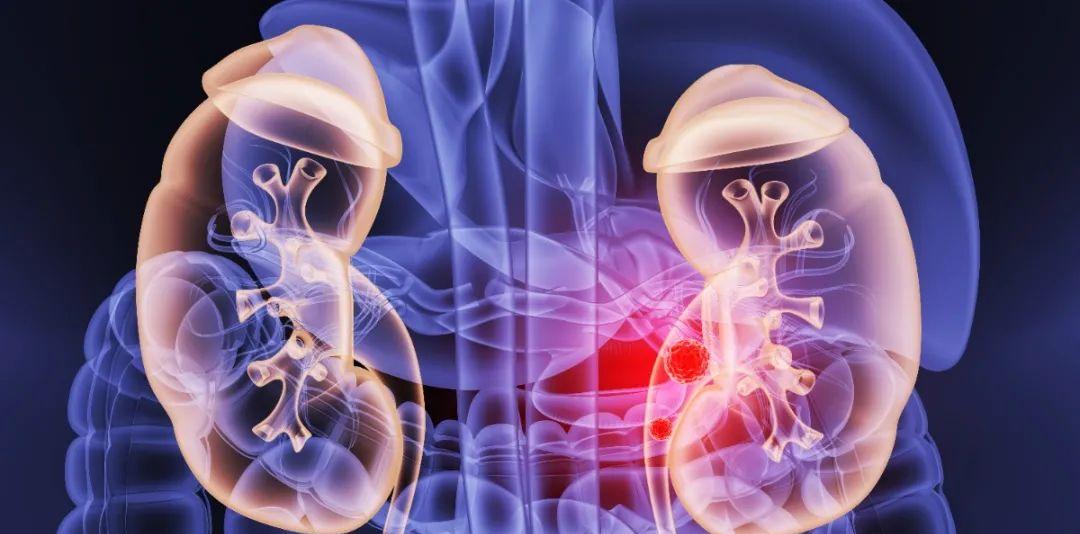Kidney stones are a common disease whose prevalence is so great that too many people suffer pain they shouldn't have. It is originally a benign disease, but if it is not treated immediately, it will cause a variety of complications and seriously affect our physical and mental health.

So who exactly should be careful with this disease? Is there any effective way to keep us as far away from this pain as possible? Let's take a look.
Why do I get kidney stones?
Kidney stones are small, hard mineral deposits of minerals and acidic salts that form within the kidneys. Usually when the urine is concentrated and the mineral crystals precipitate, it is easy to form stones. When the stone is large enough, it may fall from the colonized place and get stuck in the channel where the urine flows out, causing obstruction, damage, and serious hydronephrosis (urine cannot be excreted).
There is no single clear cause of kidney stones, and factors such as hypercalciuria, poor dietary habits (e.g., high animal protein diet or excessive vitamin C or D supplementation, low fluid intake), genetic environment, and specific diseases can increase the risk of kidney stones, the most common of which is insufficient fluid intake.
Do kidney stones really hurt that much?
It hurts, it really hurts.
Although some kidney stones may not have obvious symptoms, when the stones cause obstruction of the urinary tract, patients will present with typical renal colic. This kind of pain will make you unforgettable and painful. In addition, it may be accompanied by symptoms such as painful urination, hematuria, nausea and vomiting, and frequent urination but low urine output.
Important
When the pain is severe to a certain extent, hematuria and dysuria occur or nausea and vomiting occur, seek immediate medical attention.
How are kidney stones treated?
If the stone is small and causes only mild symptoms, it can be excreted by the patient by the patient in the following ways.
Painkillers: Your doctor may recommend that you use antipyretic analgesics such as ibuprofen, acetaminophen, and naproxen to relieve pain when small stones pass.
Drinking water: Maintaining a daily water intake between 1.9L and 2.8L helps flush out the urinary system.
α blocker: This prescription medication relaxes the muscles of the ureter and helps you drain kidney stones faster with less pain.
When your stones are more serious, you can use sound waves, percutaneous nephrolithotomy, laparoscopy and other methods to carry out intensive treatment under the advice of your doctor, and remove the stones by external force.
Who are at high risk for kidney stones?
Due to endocrine and other reasons, men around the age of 30 is the peak of long stones, especially in the summer heat. If you have a friend or relative around you who meets the following conditions, remind him to pay attention.
1. People with a family or personal history: If someone in your immediate family has kidney stones, then you are more likely to have kidney stones. If you already have one or more kidney stones, your risk of developing another kidney stone increases.
2. People who drink little water: Not getting enough water every day can increase your risk of kidney stones. People who live in tropical climates and sweat more are at higher risk of developing kidney stones than others.
3. Obese people: higher body mass index (BMI), large waist circumference and weight gain are associated with an increased risk of kidney stones.
4. People with improper eating habits: A diet high in protein, salt, and sugar may increase the risk of certain types of kidney stones, especially high-salt diets, because too much sodium in the diet increases the amount of calcium in the kidneys.
5. Tubular acidosis, cystysturia, hyperparathyroidism, certain medications and some urinary tract infections.
How to prevent kidney stones
1. Increase liquid intake: The amount of boiled water drunk every day should be more than 2000ml, orange juice and cranberry juice can be drunk often, and alcohol should be avoided as much as possible. When fluid intake is insufficient, people urinate less than 1 liter per day (normally the average daily urination is 1500 ml), which can increase the risk of kidney stone formation.
2. Patients with recurrent calcium oxalate stones should eat less foods rich in oxalic acid (such as rhubarb, beet, okra, spinach, Swiss beet, sweet potatoes, nuts, tea, chocolate, etc.). And healthy people don't need to be restricted.
3. Control the intake of salt and high-salt pickled products, according to the Dietary Guidelines for Chinese Residents, the daily salt intake is recommended not to exceed 6 grams.
4. Drink less sugary drinks (both carbonated and non-carbonated) and avoid excessive sweets.
5. Reduce the intake of animal protein: Excessive intake of animal protein will indeed increase the risk of kidney stones, but can not be wasted due to choking, whether it is a healthy person or a kidney stone patient, you should ensure that the intake of animal protein is sufficient and not excessive.
6. You can continue to consume foods rich in calcium, but use calcium supplements with caution. Calcium in food has no effect on the risk of kidney stones. Unless advised not to consume by a doctor, you can continue to eat foods rich in calcium. Calcium supplements may increase the risk of kidney stones, so you should consult your doctor before taking them.